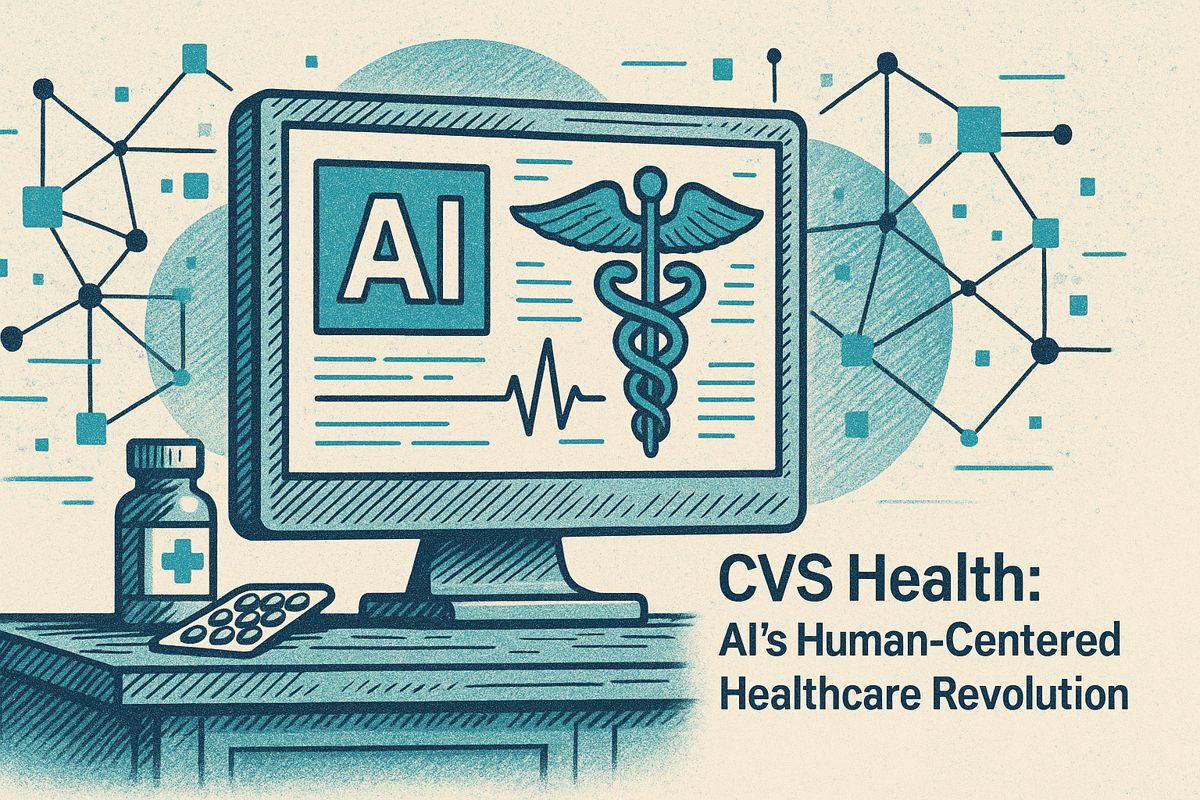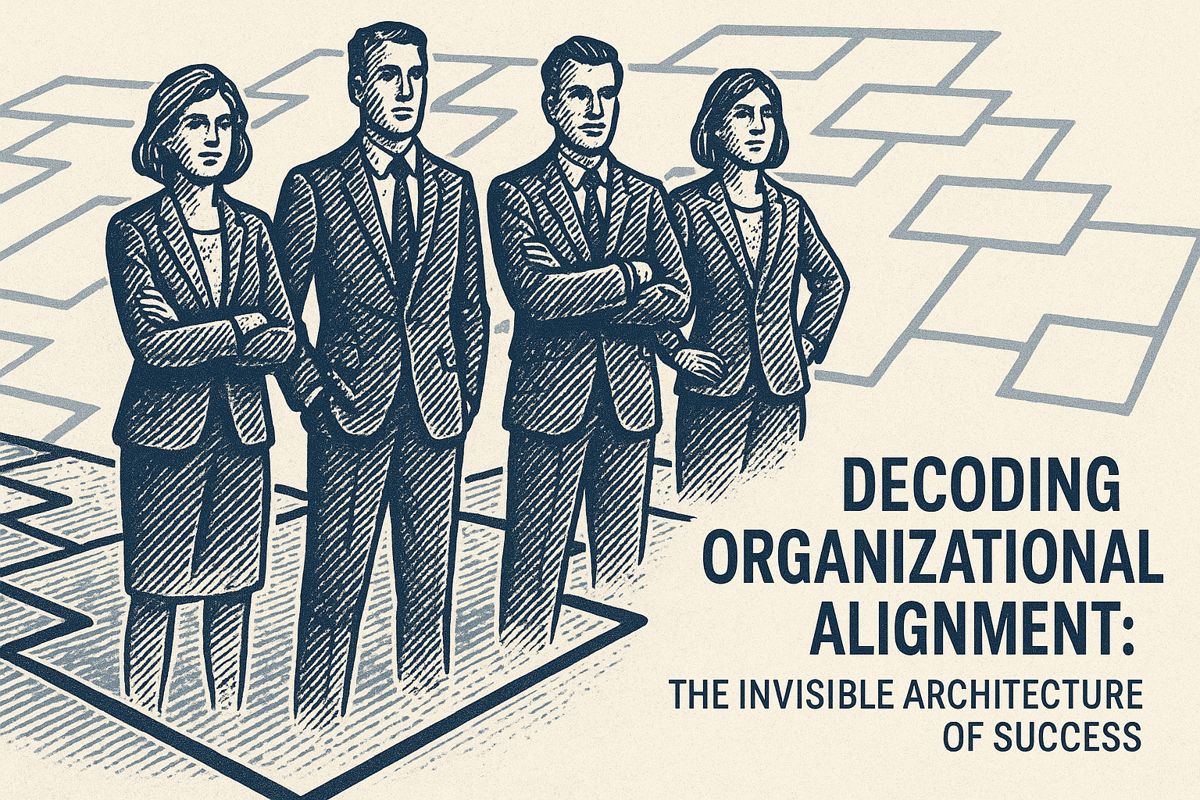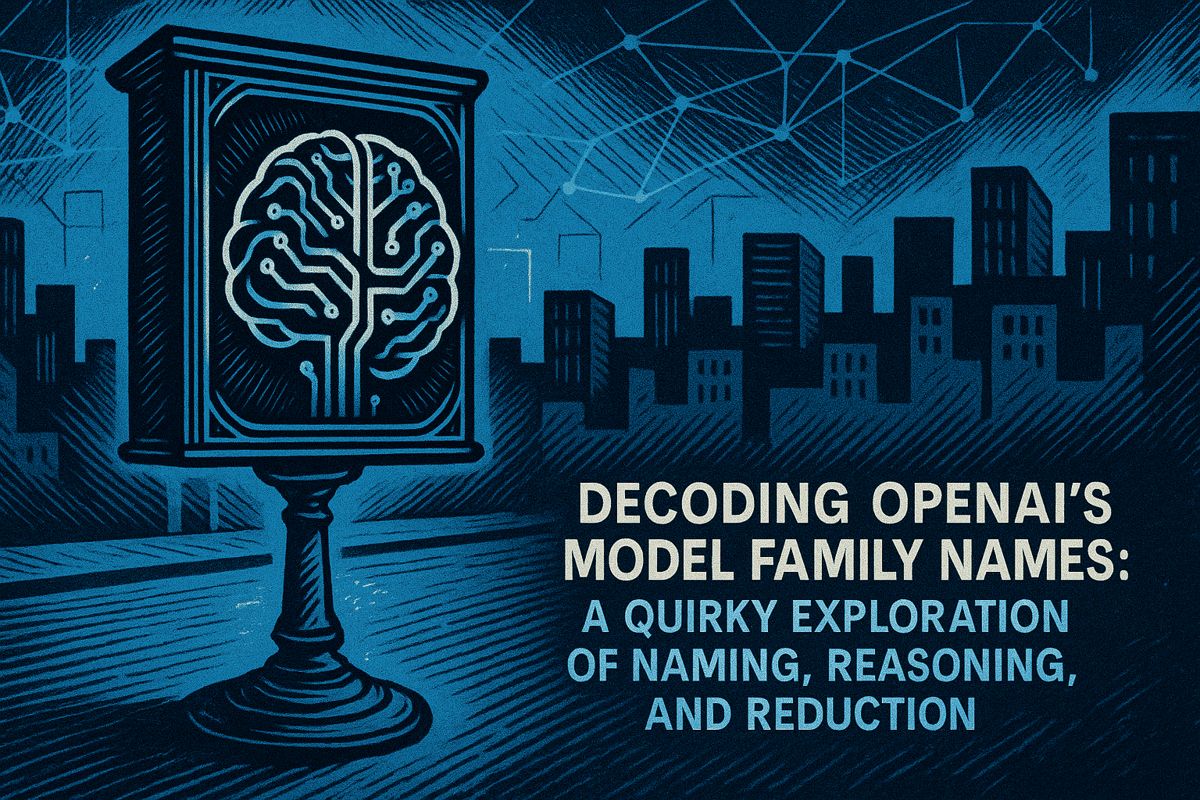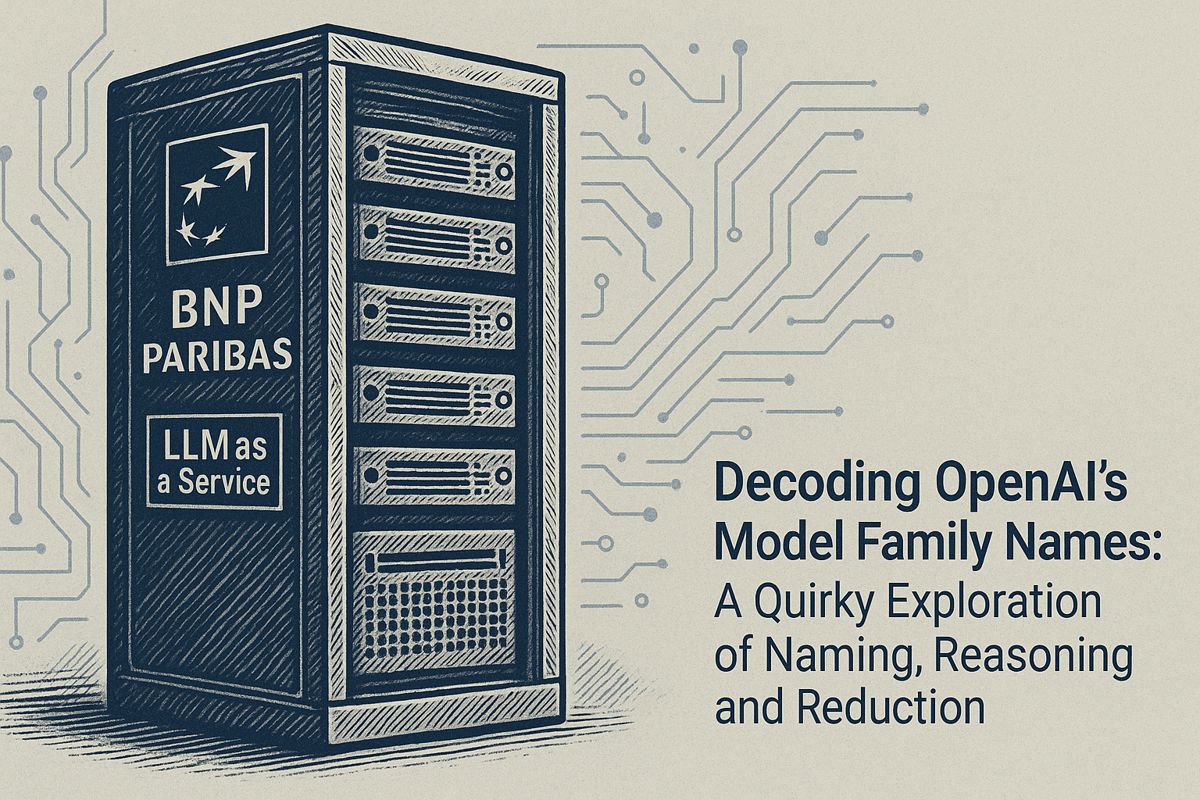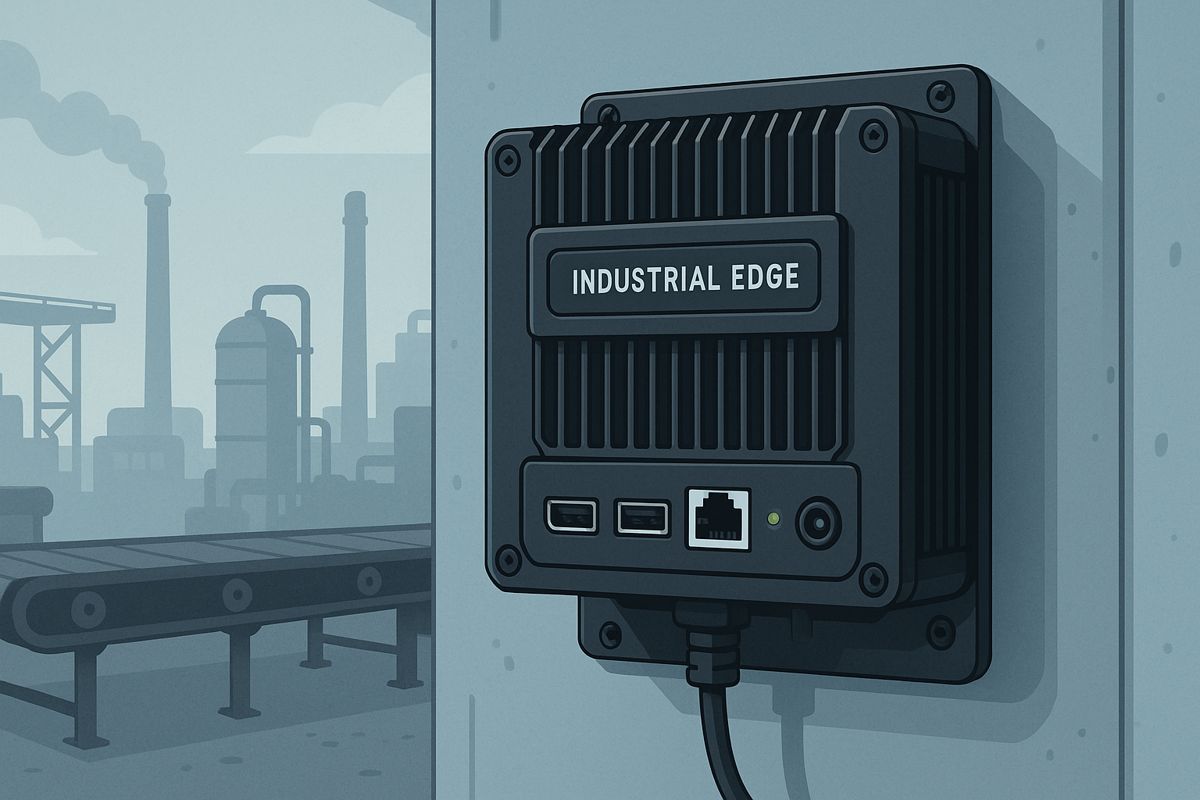CVS Health is using AI to revolutionize healthcare by personalizing patient care and bridging communication gaps through their “Customer 360” initiative. Their approach focuses on unifying health data, creating multilingual support, and predicting patient needs while maintaining human empathy. By investing in technology that helps pharmacists and healthcare workers, they aim to transform patient experiences and make complex medical information more accessible. The strategy goes beyond typical digital disruption, focusing instead on practical, compassionate solutions that connect patients with better healthcare resources. This innovative approach seeks to create a more integrated, understandable, and supportive healthcare system.
How is CVS Health Transforming Healthcare with AI?
CVS Health is revolutionizing healthcare by using AI to personalize care, bridge communication gaps, and improve patient understanding. Their “Customer 360” initiative unifies health data, creates multilingual support, and helps predict patient needs while maintaining human empathy and connection.
Remembering the Human in Healthcare
Sometimes, the heart of innovation is less like a rocket launch and more like a fluorescent-lit pharmacy on a slow Tuesday. I remember watching a pharmacist wrestle with a medication monologue as a customer—her English trembling, my patience thinner than hospital coffee—grew increasingly anxious. That moment, awkward and infinitesimal, stuck with me. Not because it was grand, but because it was so ordinary; it felt like standing at the edge of a chasm nobody talks about. Now, reading about CVS Health’s evolving artificial intelligence strategy, as narrated by Josh Weiner (whose calm, measured tone reminds me of a chess player eyeing the midgame), I’m pulled right back.
CVS Health isn’t chasing after Silicon Valley’s brand of “disruption,” all neon and noise. Their transformation hums beneath the surface, in moments that rarely make headlines: the night-shift pharmacist fielding questions only Google Translate can answer, the diabetic patient bewildered by dosage instructions, the aching need for a listening ear at midnight. It’s these small fractures—the unseen fissures—that their AI is designed to bridge. Sometimes I wonder: does real change always start in such overlooked places? I think it does.
There’s a peculiar comfort in knowing that, while Nvidia and Google grab headlines, CVS is quietly converting algorithms into empathy, one transaction at a time. The smell of antiseptic still stings my memory, even now.
Details Behind the Digital Curtain
Let’s set aside the hype for a bit. Josh Weiner, CVS Health’s Senior Vice President, is guiding an AI overhaul that aims to personalize care and connect dots between pharmacies, insurance plans, and MinuteClinics. Their “Customer 360” initiative—yes, the name sounds like a consulting pitch deck—actually does something tangible: it unifies fragmented health data and lets AI agents spot gaps in care. That’s not a hypothetical; it means that the prescription you refilled in Austin can inform your wellness checkup in Boston, thanks to real-time data flow.
I can’t help but picture CVS’s app as a Swiss Army knife, crowded with features: prescription refills, wellness tracking, mental health resources (hello, Headspace), and even chatbots that can almost pass for human at 2 a.m. Not bad for a company born in Lowell, Massachusetts, back in 1963. Predictive algorithms now sift through both medical and social data, flagging patients at risk of skipping vaccines or missing a critical dosage. These aren’t just numbers—they’re lifelines.
Oddly enough, what excites me isn’t the machinery, but the translation engine that distills clinical jargon into clear, accessible English, Spanish, or Vietnamese. I once fumbled explaining “contraindicated” to a neighbor; now, AI can do it in milliseconds, turning confusion into clarity. That’s not just user-friendly, it’s life-altering. (By the way, I was wrong to think digital literacy was the main hurdle—it’s actually comprehension, and CVS seems to get that.)
Where Algorithms Meet Reality
So, what’s the catch? CVS Health’s digital ambitions don’t dodge the thorns: data privacy, legacy systems, and the ever-present threat of algorithmic bias. HIPAA remains a shadow in every design meeting. It’s a regulatory jungle, and getting lost is easier than you’d think. Still, there’s an honesty in their approach. They’re investing $20 billion over a decade, per MobiHealthNews—a sum that made my eyebrows arch in disbelief before I realized how big the problem truly is.
Pharmacists and nurses aren’t being replaced. Instead, they’re getting trained—upskilled, if you like—in AI tools to sharpen clinical judgment and deepen human connection. I once scoffed at “humans with superpowers” as a marketing gimmick, but now I see the metaphor has teeth. If you’ve ever watched a busy pharmacist orchestrate a chorus of urgent requests, you know they could use a sidekick (or three).
I’ll admit, a part of me doubts whether even the sharpest AI can navigate the labyrinthine U.S. healthcare system. Skepticism is healthy, right? Yet, with partnerships across Headspace, Epic, and Cerner, and a focus on equity, maybe this time the change will actually stick. Oof.
Toward a More Connected Future
Imagine, for a moment, a stitched-together health record that actually follows you—from Peoria to Miami, from MinuteClinic to home. That’s the “Customer 360” promise, and it conjures up a feeling of relief I can almost taste. AI isn’t just a buzzword here; it’s the bridge over the bureaucratic river that so often separates doctor from patient. It’s also the reason a widowed neighbor now takes her medication on time, not because she’s reminded, but because she finally understands.
Here’s a question: will CVS’s model become the blueprint for an industry drowning in fragmentation? Nobody can know for sure. But if I’ve learned anything, it’s that transformation rarely looks like fireworks. It’s slow, clumsy, a little bit awkward—a journey that smells faintly of rubbing alcohol and is paved with tiny, almost invisible victories. I can still hear that pharmacist’s weary sigh, and maybe, just maybe, next time it’ll sound more like a laugh.
Time will tell…

